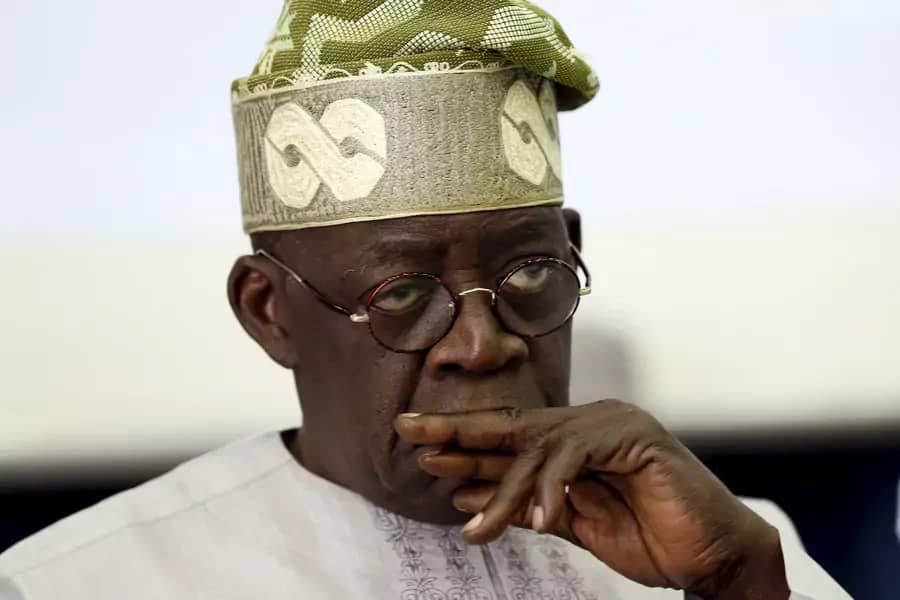By Karen James
The administration of President Bola Tinubu is currently facing a crisis of credibility, with concerns over his ability to establish an enduring legacy. Despite being in a precarious situation, the president and his handlers continue to display a behavior that can be described as “tani o mu mi,” a Yoruba term meaning impunity and hubris.
The recent revelations regarding fuel subsidy payments and the alleged control of the Nigerian National Petroleum Company by President Tinubu’s family and associates have only heightened these concerns. Additionally, the surreptitious purchase of a new presidential jet, without transparency regarding its cost and acquisition, has further added to the administration’s credibility crisis.
These policy choices, although not necessarily wrong, have been implemented in a cavalier manner, resulting in unprecedented hardship for Nigerians. The skyrocketing costs of goods and services, the unaffordability of local air travel, and the exorbitant electricity tariffs have all contributed to the immense burden faced by the ordinary Nigerian.
Furthermore, President Tinubu’s ostentatious lifestyle and disregard for the hardships faced by Nigerians have only deepened the public’s disillusionment. The president must embrace transparency and accountability in order to regain the trust and respect of the Nigerian people. Taking responsibility for mistakes and being open about government operations will foster a sense of ownership and increase the chances of successful reform measures.
Moreover, the administration’s haphazard policy announcements without proper implementation have also raised concerns. The delay in implementing the Oronsaye Report, which was aimed at streamlining government agencies, is a clear example of this lack of coherence.
It is crucial for President Tinubu and his team to understand the limitations of power and ensure that their actions are seen as legitimate. The danger of unchecked power and a disregard for morality is that it can backfire and lead to dire consequences.
While there is still hope that President Tinubu will end up on the right side of history, it is imperative that he prioritizes the welfare of the people and the broader good. His previous interactions and political clout suggest that he is empathetic and interested in the well-being of the Nigerian people. However, if these assumptions are incorrect and his sole motivation is to enjoy the trappings of the presidency, it would be a tragedy for both him and the country.

